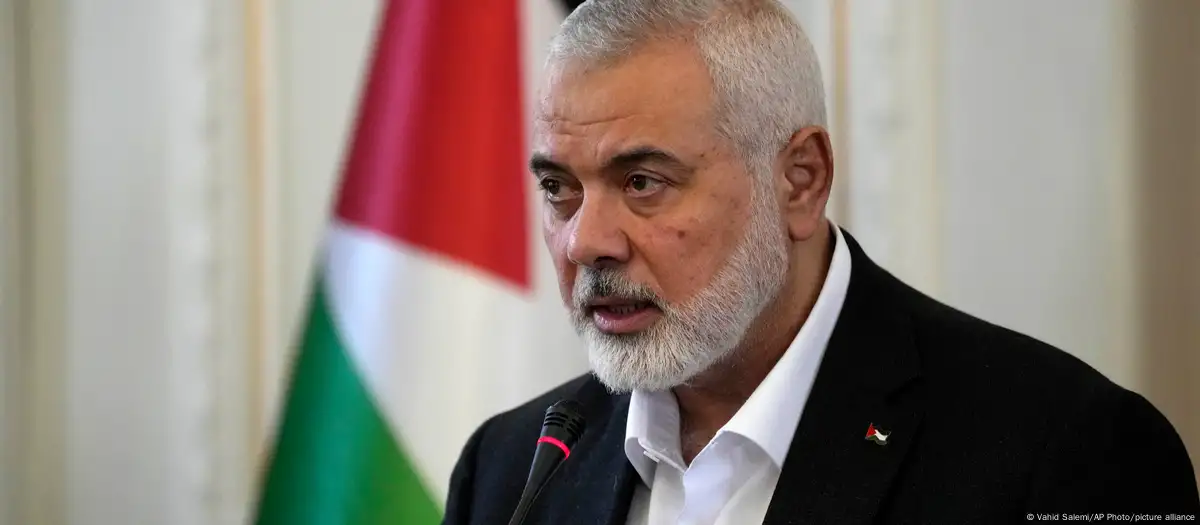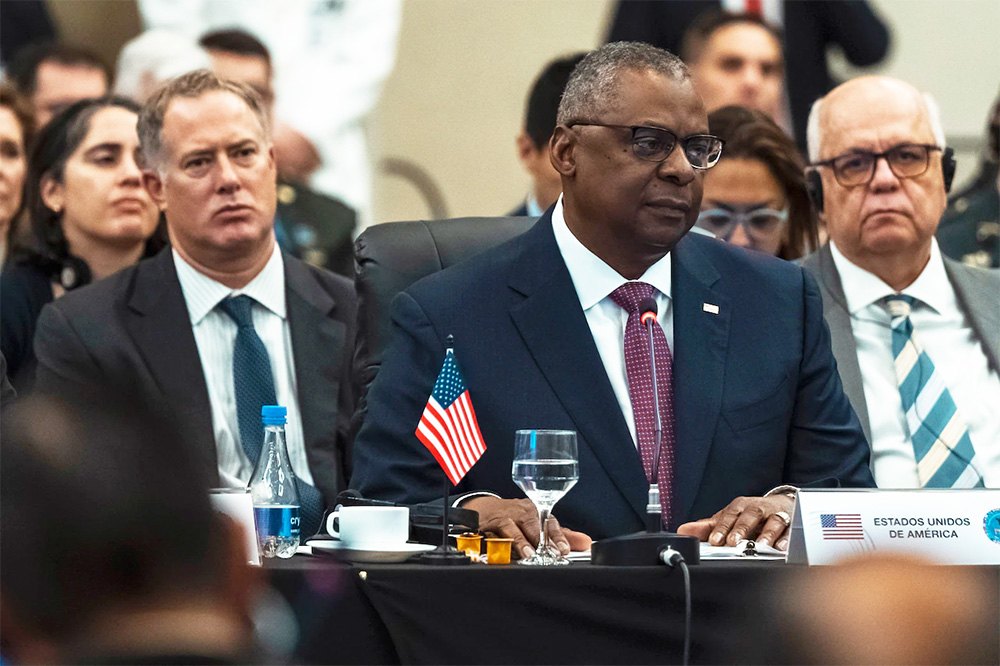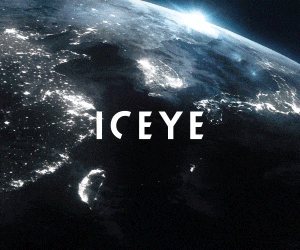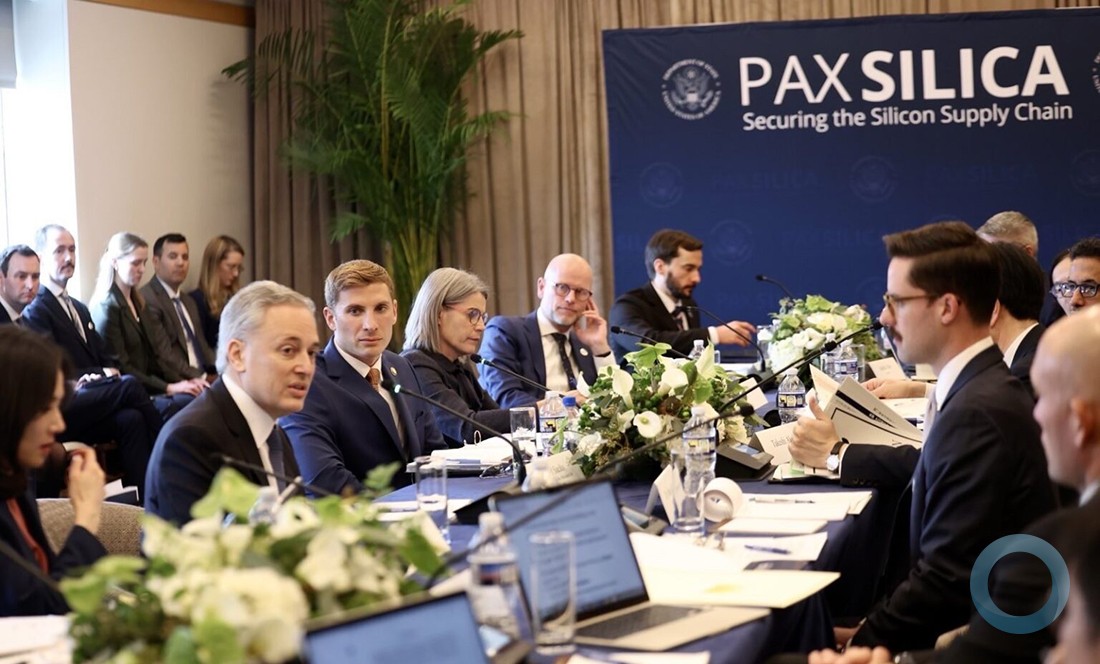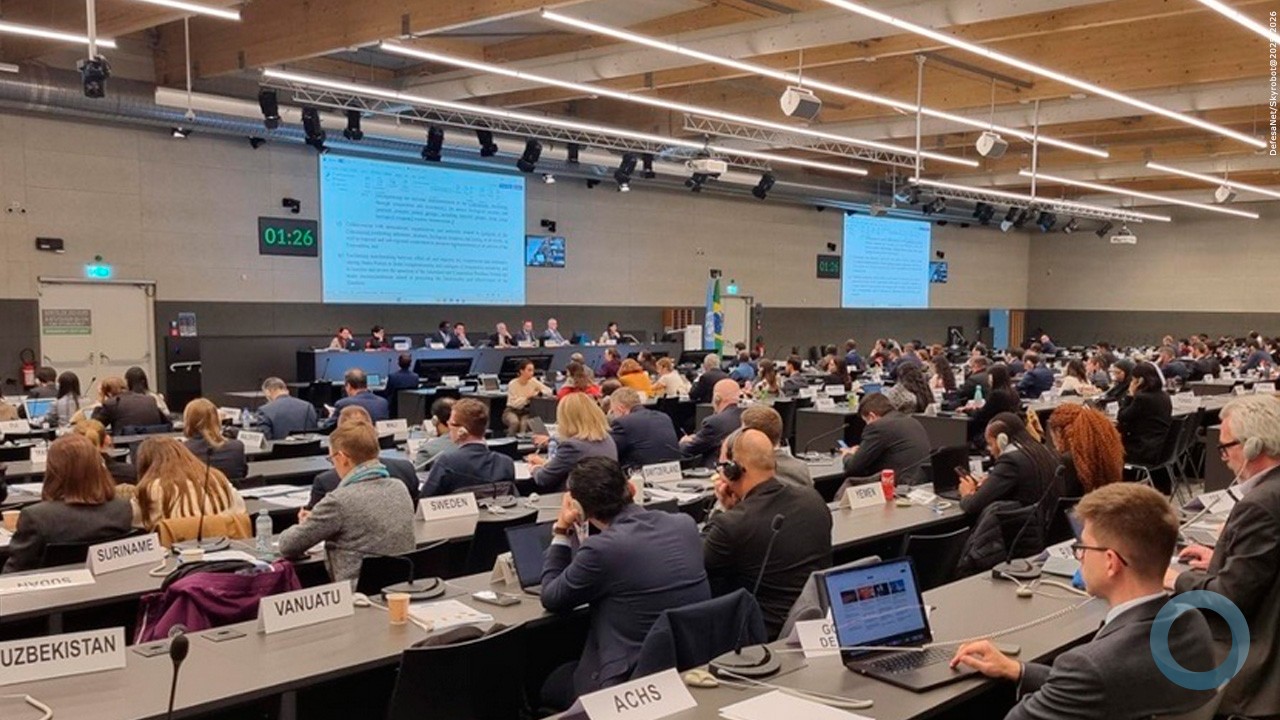The Brazilian government published an official note Tuesday (Sep. 22) to rebut the conclusions drawn in a report by French specialists listing the environmental risks in Mercosur’s commercial agreement with the European Union (EU). Signed last year by members of both blocs, the deal is yet to be approved internally by each of the member nations.

Last week, after receiving the report from an independent commission, French Prime Minister Jean Castex confirmed his opposition to the agreement “as it is.”
In a joint note, Brazil’s Ministries of Foreign Relations and Agriculture, Livestock, and Supply sought to counter the arguments in the report and argued for the country’s efforts to preserve the environment.
“The report presents arguments that are not based on technical criteria, suggesting that, after being brought into effect, the agreement will cause a negative impact on the environment by allegedly bringing about the rise in deforestation and by questioning the efforts to tackle climate change as stipulated by international deals,” the note reads.
In the French report, the expert commission argues that a larger demand for beef, after the trade is brought into force, will push for further deforestation in Brazil. On this issue, the Brazilian government noted agriculture in the country has increased its activity in the last decades with a reduction in the size of the deforested area.
“Brazil has showed it is capable of increasing its production of meat, soybeans, and corn while lowering deforestation. From 2004 to 2012, deforestation in the so-called Legal Amazon dropped 38 percent whereas agricultural production rose 61 percent. In the same time span, bovine cattle expanded by over 8 million heads, reaching 212 million in 2012. These figures are part of the historic trend of intensification of Brazilians agriculture and the resulting gains in productivity, in sync with environmental preservation.”
The note goes on to point out that the Brazilian environmental legislation has been improved since the beginning of last century. “Brazil was pioneer in conservation policies, with the implementation of its first Forest Code in 1934. Thanks to this effort long ago, over 66 percent of the Brazilian territory is covered by native vegetation. Crops are limited to some 30 percent of the territory, of which eight percent is dedicated to raising crops in the country and some 22 percent to livestock, as per Embrapa Territorial. This learns Brazil the status of an environmental power.”
The Brazilian government also accuses the French document of reflecting “the protectionist reforms of European segments” like agricultural producers. The joint note by the Brazilian ministries rebuts the idea that the pact would boost destruction in the Amazon and stresses that not bringing the international treat into validity—the largest ever inked between the two groups—is what is going to bring harm to the environment in Brazil.
“Not validating the Mercosur–EU agreement would convey a negative message and represent a rampant discouragement to the country in further strengthening its environmental legislation. Failing to approve the deal would also have negative social and economic implications, which may go even as far as to aggravate the environmental problems in the region. Not ratifying it will open a gap in the strengthening of ties between the parties and the reiteration of sustainable and responsible free trade, providing prosperity with the preservation of nature, resulting from better economic conditions,” the note ends saying.






